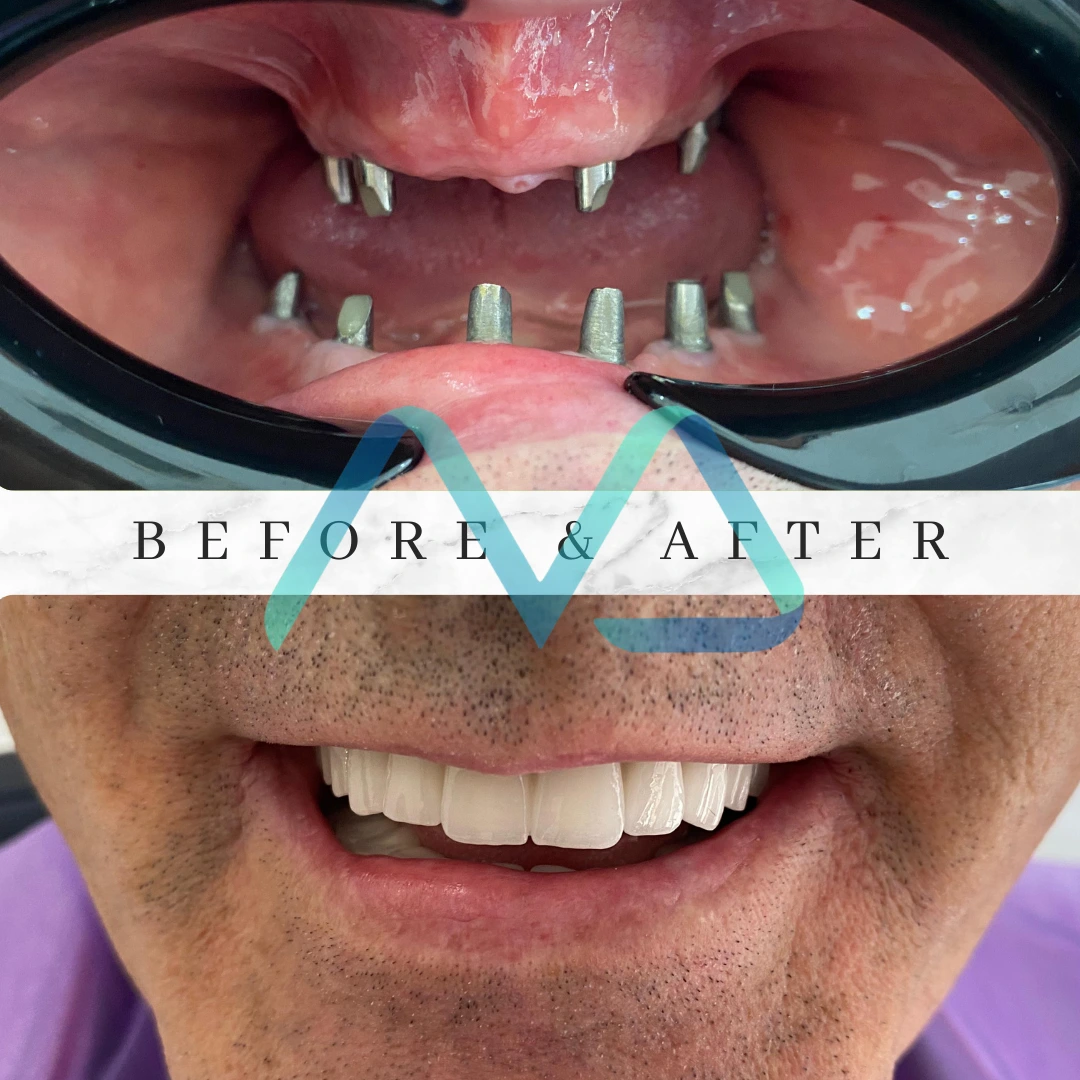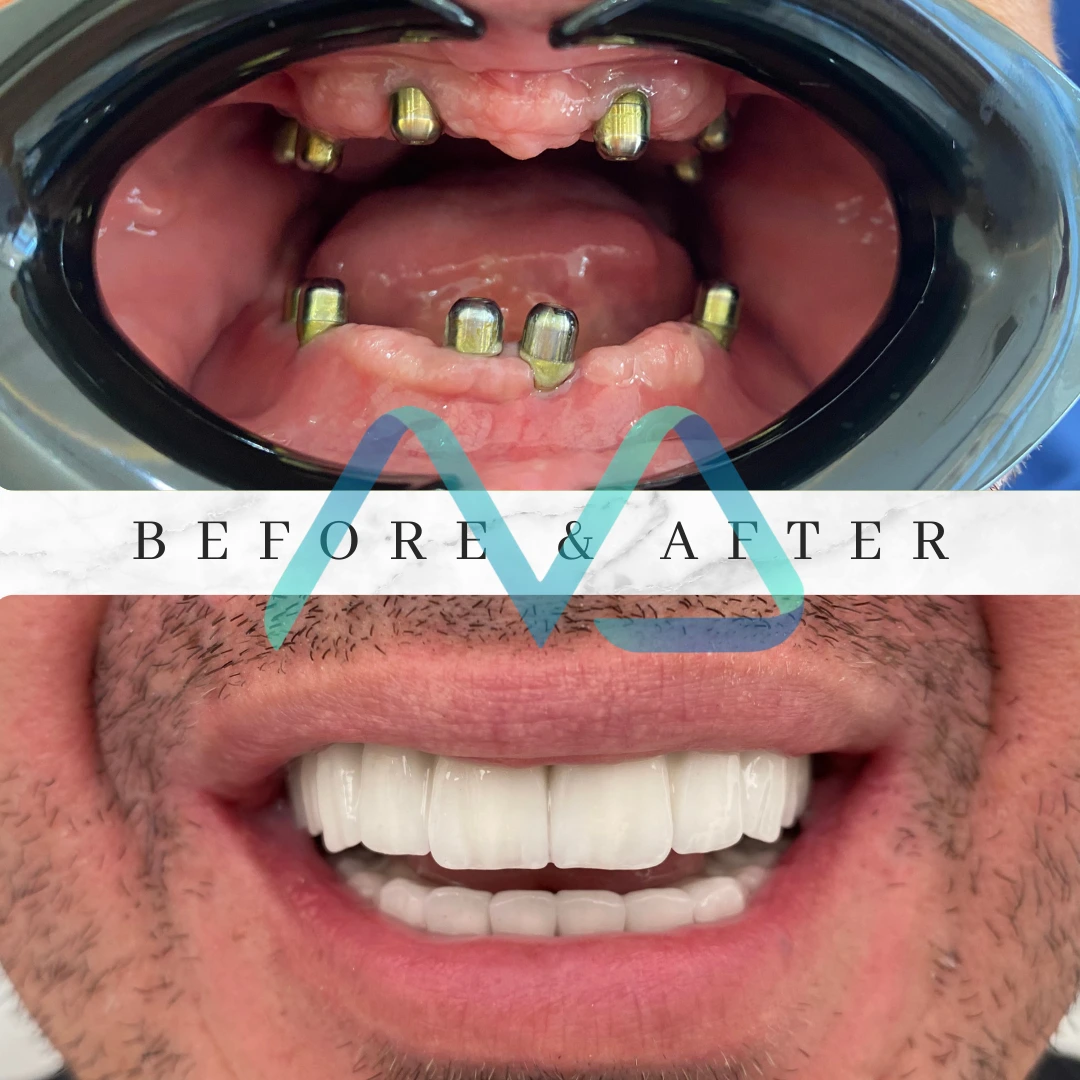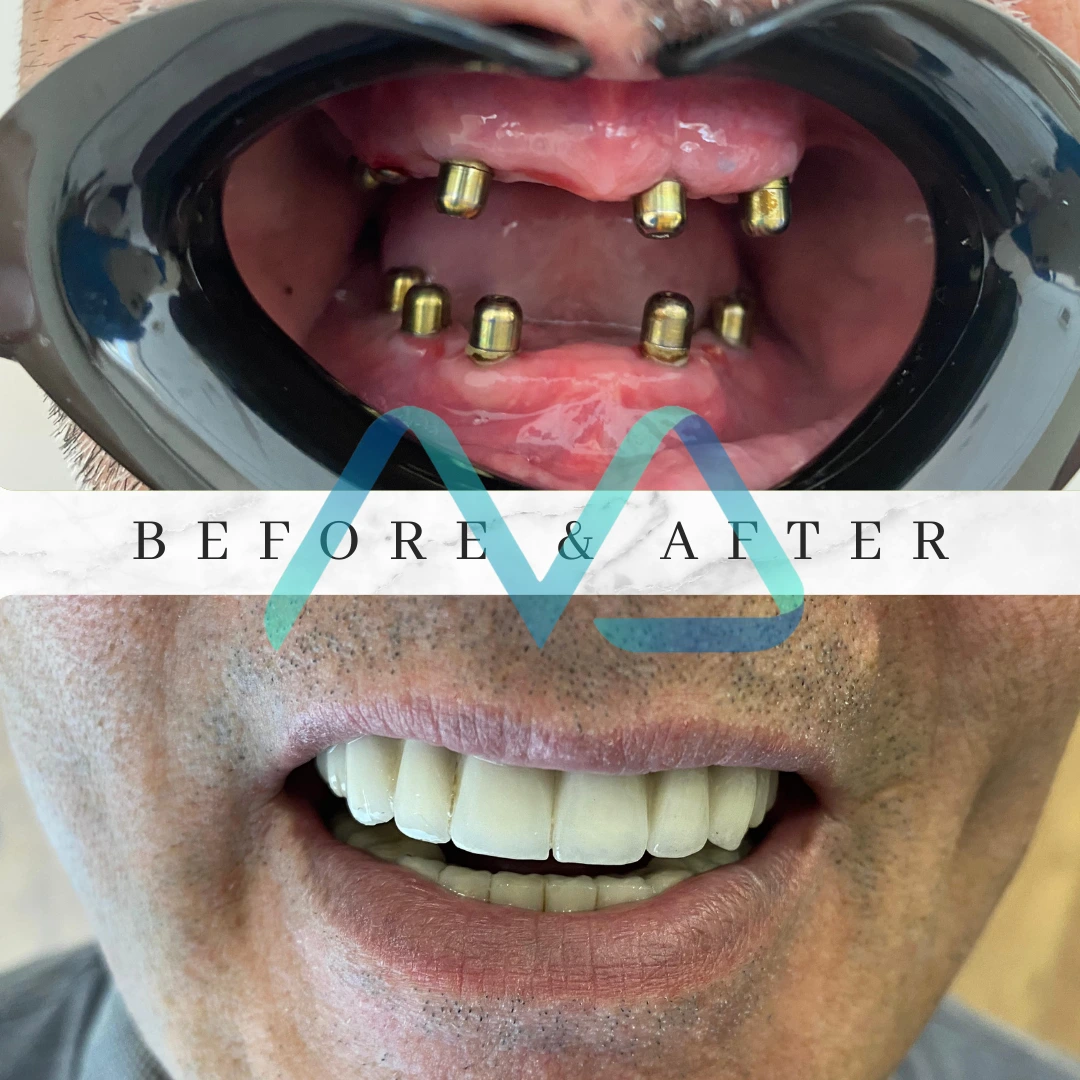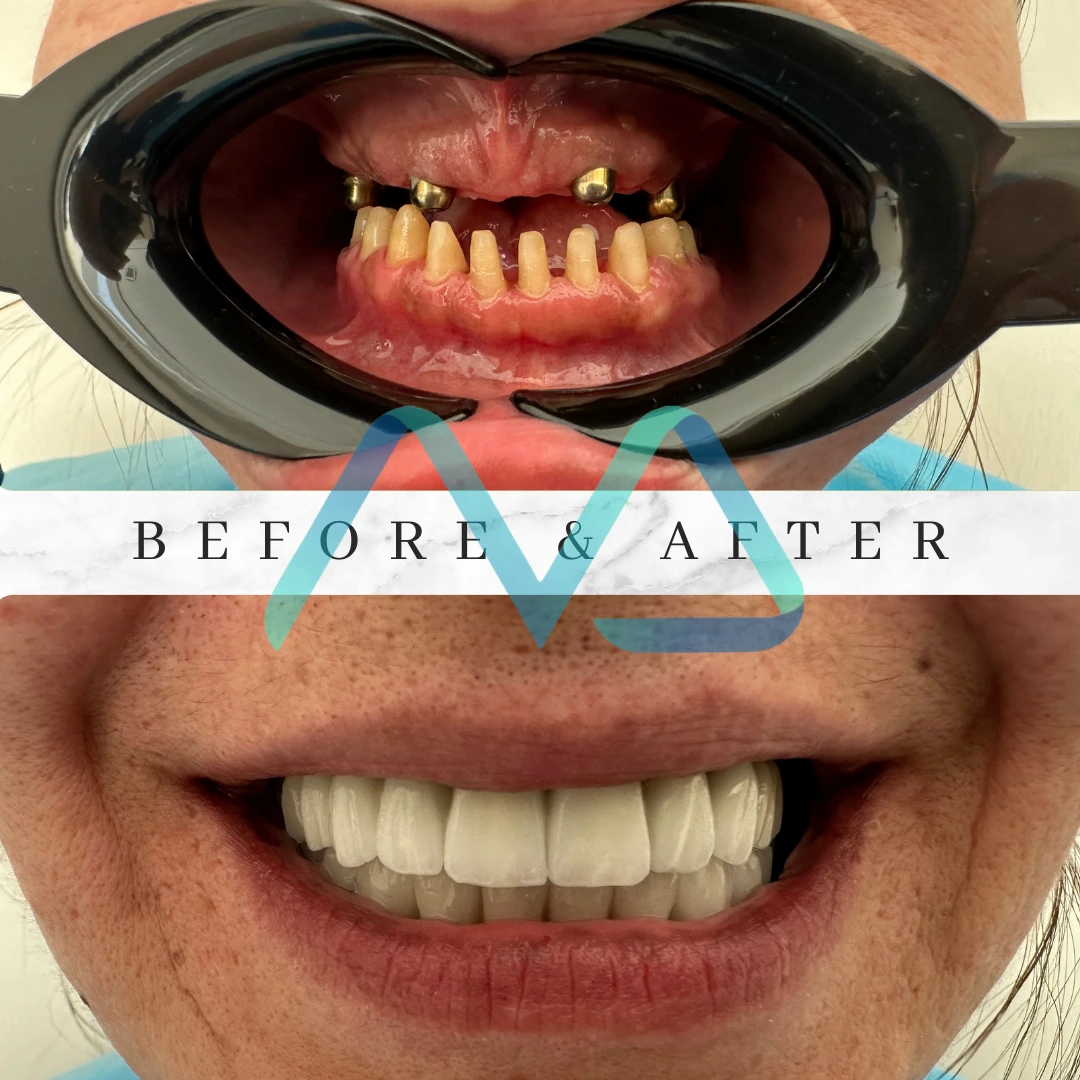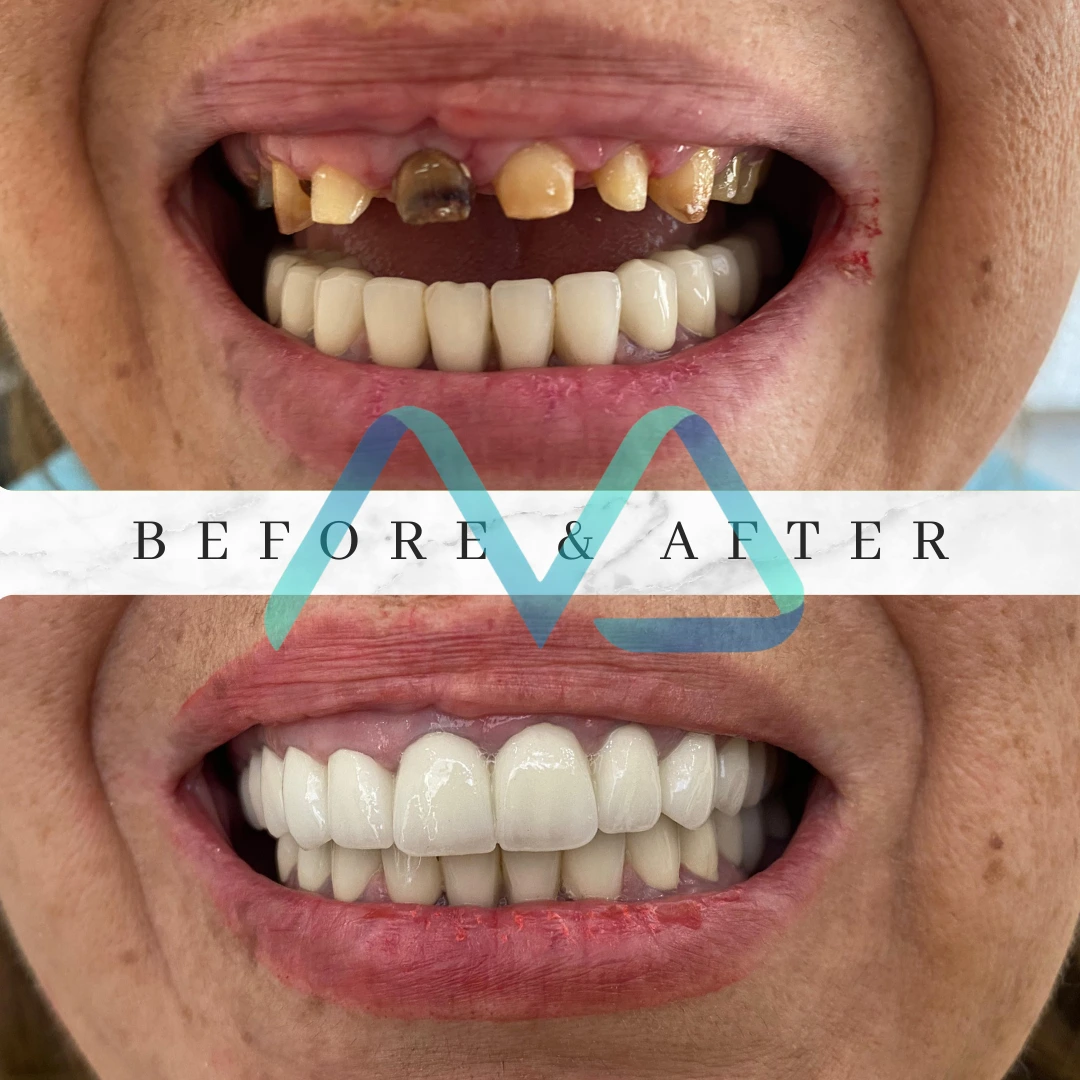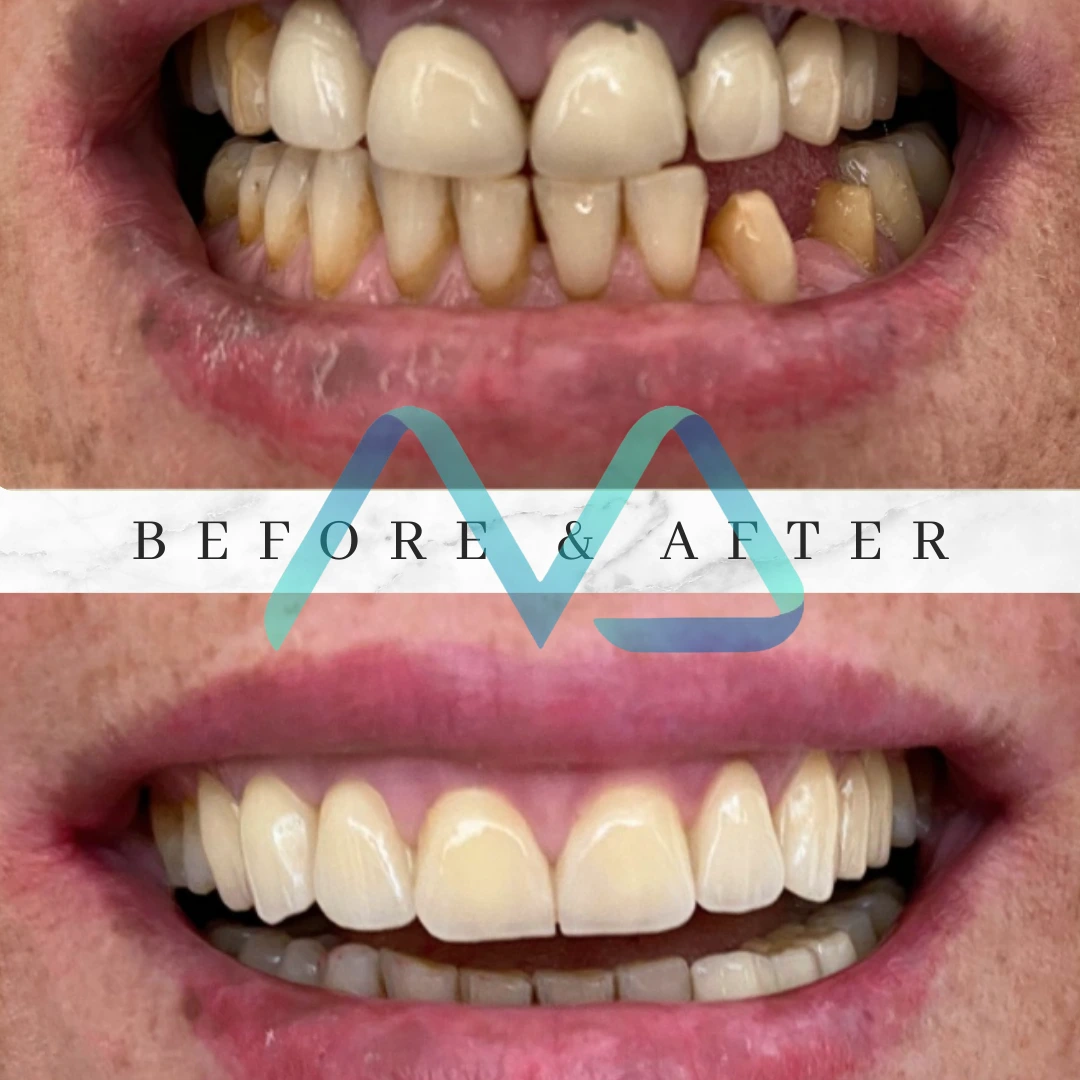
Depends on treatment
Average Length of Stay in Istanbul
Depends on treatment
Average Session Required
Depends on treatment
Length of Stay in Hospital
1 Day
Operation Duration
Local Anesthesia
Anesthesia
Depends on treatment
Recovery Time
Root Canal Treatment in Turkey-Get Your Quote Now
Understanding Root Canal Treatment
Root canal treatment, also known as endodontic therapy, is a dental procedure used to treat infection at the center of a tooth (the root canal system). It's often necessary when the pulp inside the tooth, which contains nerve tissue and blood vessels, becomes infected or damaged.
Initial Consultation: Diagnosing the Problem
The root canal process begins with a thorough examination of your affected tooth. This may involve taking X-rays to assess the extent of the infection and discussing your symptoms. Your dentist will explain the root canal procedure, including its benefits, potential risks, and any alternative treatments.
Preparing for Treatment: Ensuring Comfort
Root canal treatment is typically performed under local anesthesia to numb the tooth and surrounding area, ensuring you're comfortable and pain-free during the procedure. Your dentist might also place a dental dam around the tooth to isolate it and keep it clean and dry
The Procedure: Removing the Infection
The treatment starts with your dentist making a small opening in the crown of the tooth to access the infected or damaged pulp. Using special instruments, the dentist removes the pulp, cleans and disinfects the root canal system, and shapes the space for filling.
Filling the Canal: Sealing the Tooth
Once the root canal is cleaned and shaped, your dentist will fill the space with a biocompatible material, usually a rubber-like material called gutta-percha, to seal the canal. The opening in the tooth is then sealed with a temporary or permanent filling to prevent contamination.
Restoring the Tooth: Final Steps
After root canal therapy, the treated tooth may need further restoration to protect and restore it to full function. This might involve placing a crown or other restorative dental work, depending on the extent of damage and the tooth's location.
Recovery and Aftercare: Healing and Maintenance
Following the procedure, you may experience some tenderness or mild discomfort, which can usually be managed with over-the-counter pain relievers. Your dentist will provide specific aftercare instructions, including how to care for your treated tooth and when to return for a follow-up visit.
Long-Term Care: Ensuring Durability
With proper care, including good oral hygiene practices and regular dental check-ups, a tooth treated with a root canal can last a lifetime. It's essential to maintain the health of the surrounding gums and teeth to support the treated tooth.
Frequently Asked Questions
Is Root Canal Treatment Painful?
With modern techniques and anesthesia, root canal treatment is typically no more uncomfortable than having a filling placed.
What Are the Risks of Root Canal Treatment?
While root canal treatment is safe and effective, potential risks include incomplete cleaning of the canals or reinfection. Choosing an experienced dentist or endodontist can minimize these risks.
Why Consider Root Canal Treatment?
Root canal treatment can save a tooth that might otherwise need to be removed. It eliminates pain caused by infection, prevents the spread of infection, and helps maintain your natural smile and chewing function.


